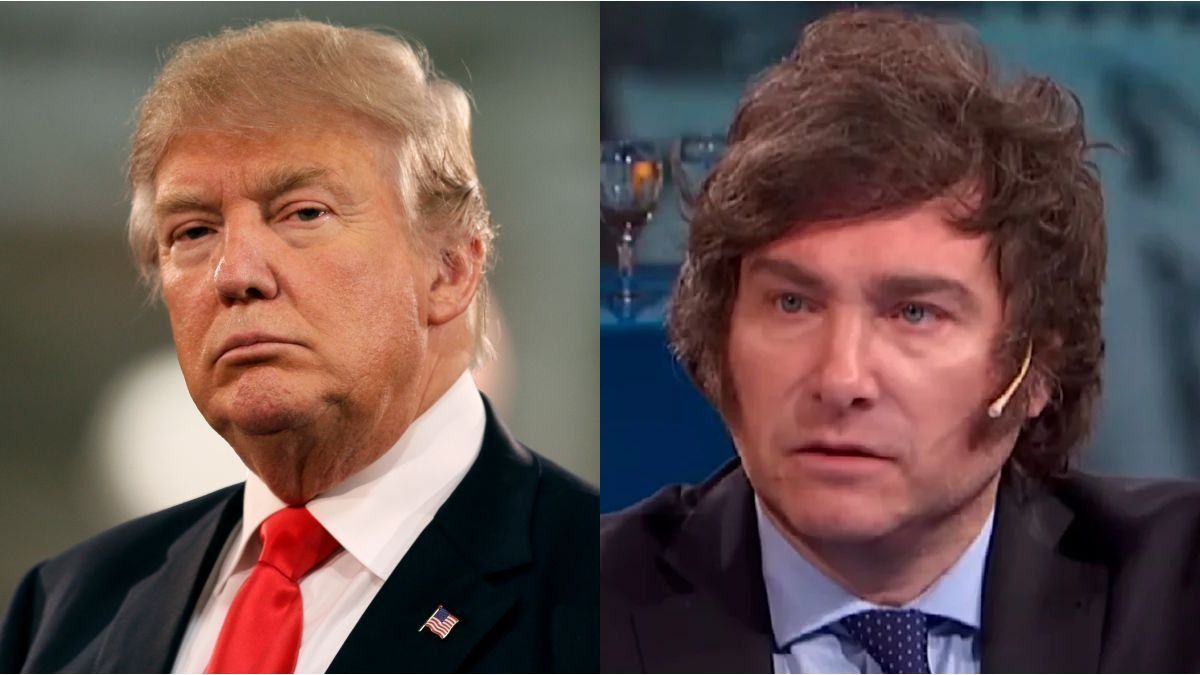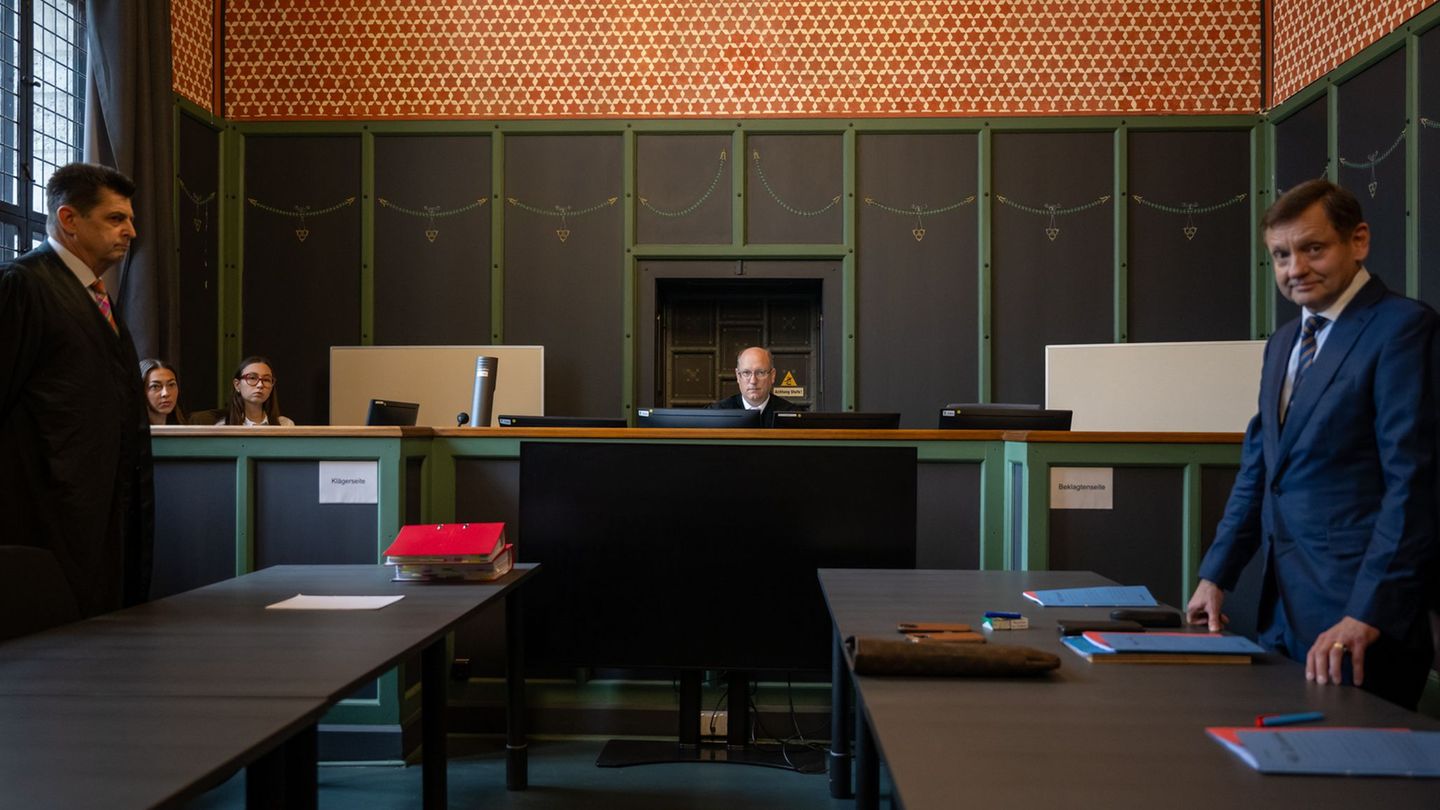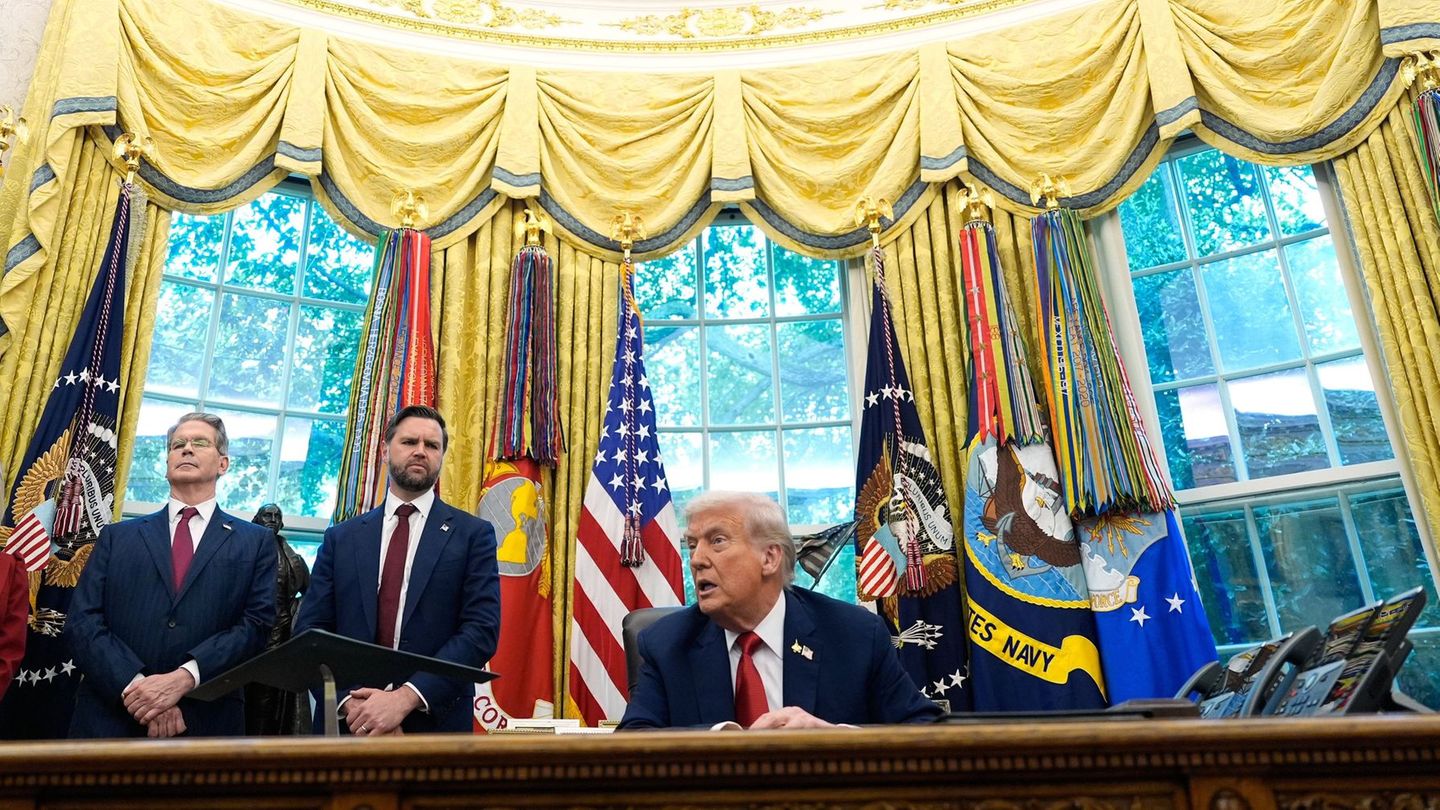The Government enthusiastically received Donald Trump’s victory in the US elections, and in the environment of Javier Milei There is hope that the Republican president will offer some type of support that will facilitate agreements with the International Monetary Fund (IMF), which in other words is release fresh funds for Argentina. A story already known in the magnate’s last presidency.
This possibility was received with great expectations by some sectors, particularly those closest to the President, who see in Trump an opportunity to improve relations and obtain those resources that help dismantle exchange restrictions.
However, not everyone in Milei’s circle shares this optimism. Juan Carlos de Pablo, one of the economists closest to the president, expressed skepticism and questioned the idea of obtaining financial aid through personal ties.
De Pablo’s words
“It would be unfortunate for Argentina to get fresh money through personal connections. Furthermore, if that money arrives here, a lot of wonderful ideas will arise to spend it immediately; We already have history of that,” said de Pablo. According to him, Relying on a personal gesture from Trump could lead to an immediate and uncontrolled spending cycle, which historically has resulted in additional fiscal problems for the country.
De Pablo also highlighted the importance of understanding Trump’s foreign policy well before assuming possible benefits for Argentina.
“First we have to see what their policy consists of, then we talk. You can’t assume anything. The truth is that I didn’t have any forecast, it was clear that the distance between the two candidates was very small,” added the economist in an interview. with Radio El Observador.
The renowned guru then showed a cautious and realistic stance about the impact that Trump could have on the Argentine situation. This prudence for De Pablo is key to not generating false expectations in such a fragile economic context.
About inflation
It is worth remembering that this Thursday the inflation data for the City of Buenos Aires (IPCBA) for October was released, which showed an increase of 3.2%, below the 4% that was recorded in September, and accumulated in the first 10 months of the year an increase of 122.1%. Meanwhile, in the year-on-year comparison (October/23 vs. October/24) this indicator stood at 200.9% (-17.9 percentage points below the previous month).
The City’s data suggests that, at the national level, inflation (which will be known on Tuesday, November 12) would be a few points lower, as indicated by the historical relationship between both indicators.
In this regard, De Pablo anticipated his own figures: “I have two private data and both start with 2%, almost three. FIEL carried out a breakdown and noted that seasonal products are at the same level as the previous month, so the drop below 3% comes with a seasonal component,” he commented.
Even so, he warned that if the inflation rate returns to higher levels in the coming months, this should not alarm, since, according to him, these ups and downs are part of the natural dynamics of the economy, and the risk of an inflationary jump uncontrolled is not imminent.
Regarding economic activity in general, de Pablo highlighted a slight recovery since April and May, which, in his words, continues to advance.
“The EMAE in August reached the minimum level it had in December 2023. The recovery can be drawn with a short V or in the way that each one wants. Although the reality is still heterogeneous and there are sectors that are further behind, this began to turn around in the middle of the year. We are not living the same as we did in those first months,” he observed.
juan carlos de pablo.jpg
De Pablo warns Milei about the risk of depending on Trump’s support.
This trend, for De Pablo, indicates that although There are areas that have not yet recovered, in general the economy has shown positive signs in recent months.
When referring to the recent decrease in country risk, de Pablo stressed the importance of not using this improvement to increase the country’s net debt. “Through an official statement they assured that they will not use the fall in country risk to increase net debt. This is the most important decision, the fall facilitates the renewal of public debt maturities for other maturities, but not net debt “he explained.
The economist highlighted that maintaining prudence in debt management is essential to prevent Argentina from depending on external resources without generating an internal effort. According to him, if the government chose to increase the availability of money, Argentines “instead of working we would line up at Olivos to hose him down,” referring to the tendency to seek immediate benefits without generating structural changes in the economy.
De Pablo, thus, presents himself as a cautious voice amid the optimism of certain sectors, remembering the importance of prudence and not relying solely on external changes to solve complex economic problems.
Source: Ambito
I am an author and journalist who has worked in the entertainment industry for over a decade. I currently work as a news editor at a major news website, and my focus is on covering the latest trends in entertainment. I also write occasional pieces for other outlets, and have authored two books about the entertainment industry.




